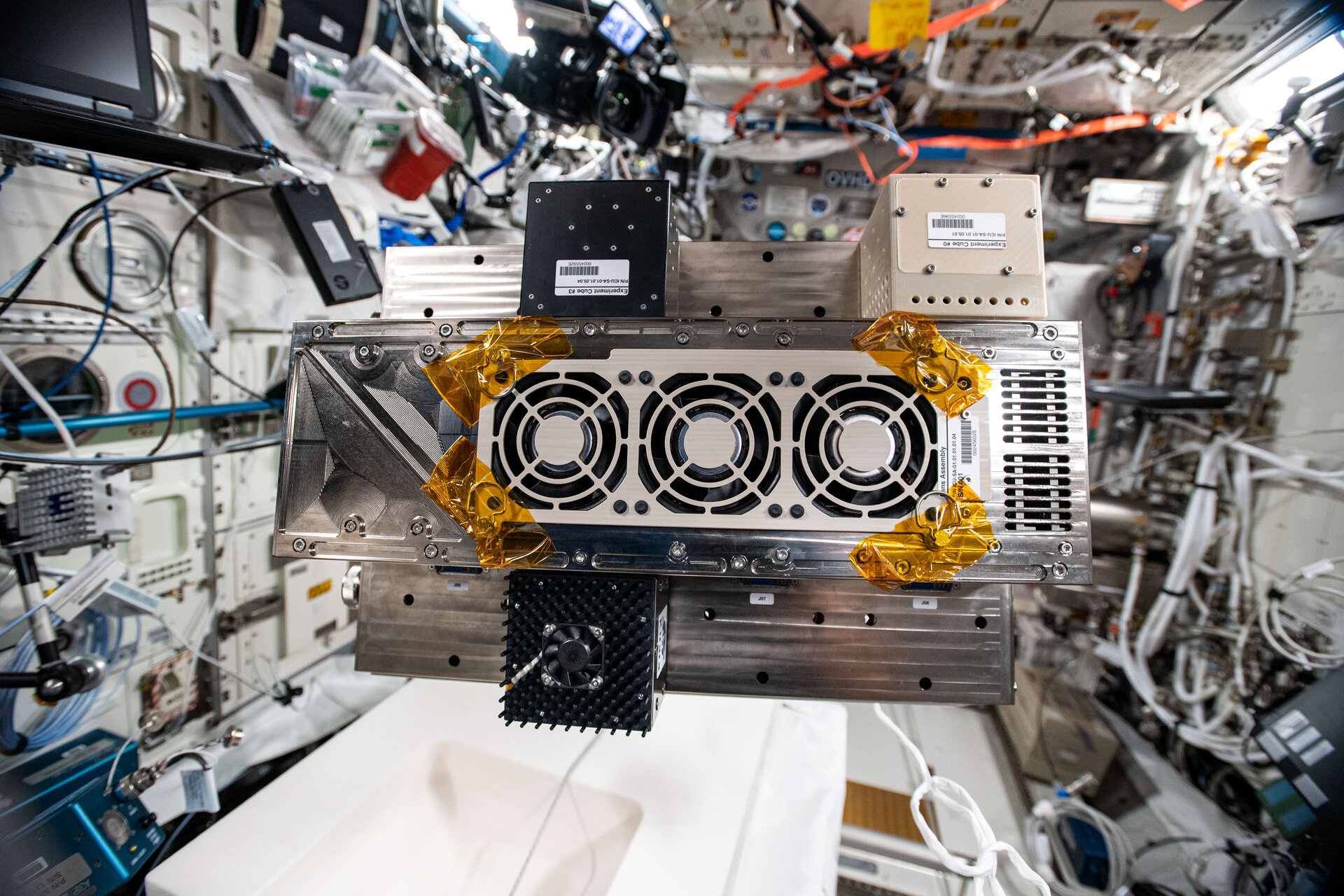Background
The COVID-19 pandemic has generated new and urgent challenges in drug discovery and development. Veklury®, a remdesivir-based medicament invented by Gilead Sciences Inc., has already been approved or authorized for temporary use in approximately 50 countries worldwide. It is, at the moment, the first and only COVID-19 treatment in the United States approved by the U.S. Food and Drug Administration.
Remdesivir, to be applicable for its intravenous infusion, requires formulation by the excipient cyclodextrin called SBECD. Although it is considered today as one of the most promising drugs for COVID-19 treatment, remarkable efficacy of Veklury® (i.e., remdesivir-SBECD complex) has not yet been confirmed. Recent clinical trials, however, claimed that remdesivir was found superior to placebo in shortening the time to recovery in adults who were hospitalized with Covid-19.
Objectives
Hungarian companies InnoStudio Inc. and CycloLab Cyclodextrin R&D Laboratory Ltd. are going to investigate the potential effect of microgravity on the complex formation properties of remdesivir and SBECD. Dr. Ferenc Darvas, Executive President of InnoStudio; Dr. Gergo Mezohegyi, Manager of the project; Dr. Lajos Szente, co-founder of CycloLab; and Dr. Istvan Puskas, Head of formulation development stated: ”Results of this project may contribute to better understanding of the remdesivir-SBECD formulation mechanism, which will hopefully allow us to tailor the physico-chemical formulation process in order to reach elevated drug efficiency for COVID-19 treatment. Moreover, potential enhancement of the remdesivir-SBECD ratio in the drug (i.e., lowering SBECD intake) will contribute to its lower risk application for coronavirus infected patients with decreased renal functions. Our study will try to combine advantages of microgravity environment with advanced drug research, while it is also a key initiative for the pharma industry to widen their development opportunities via space research.”

